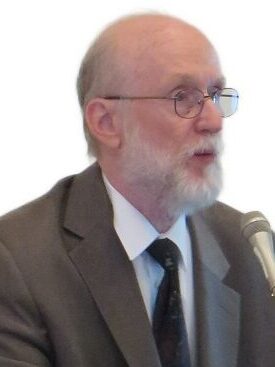Richard McKeon Ph.D., MPH received his Ph.D. in Clinical Psychology from the University of Arizona, and a Master’s of Public Health in Health Administration from Columbia University. He has spent most of his career working in community mental health, including 11 years as director of a psychiatric emergency service and 4 years as Associate Administrator/Clinical Director of a hospital based community mental health center in Newton, New Jersey.
In 2001, he was awarded an American Psychological Association Congressional Fellowship and worked in the United States Senate for Sen. Paul Wellstone, covering health and mental health policy issues. He spent 5 years on the Board of the American Association of Suicidology as Clinical Division Director and has also served on the Board of the Division of Clinical Psychology of the American Psychological Association.
He is currently Chief for the Suicide Prevention Branch in the Center for Mental Health Services, of the Substance Abuse and Mental Health Services Administration, where he oversees all branch suicide prevention activities, including the Garrett Lee Smith State/Tribal Youth Suicide Prevention, and Campus Suicide Prevention grant programs, the Zero Suicide initiative, the Suicide Prevention Resource Center, and the Native Connections program. He has worked with the National Suicide Prevention Lifeline since its inception in 2005, including establishing the foundation for 988 as the national suicide prevention number.
In 2008, he was appointed by the Secretary of Veterans Affairs to the Secretary’s Blue Ribbon Work Group on Suicide Prevention. In 2009, he was appointed by the Secretary of Defense to the Department of Defense Task Force on Suicide Prevention in the Military. He served on the National Action Alliance for Suicide Prevention Task Force that revised the National Strategy for Suicide Prevention and participated in the development of WHO’s World Suicide Prevention Report. He is also the Co-Chair of the Federal Working Group on Suicide Prevention.
